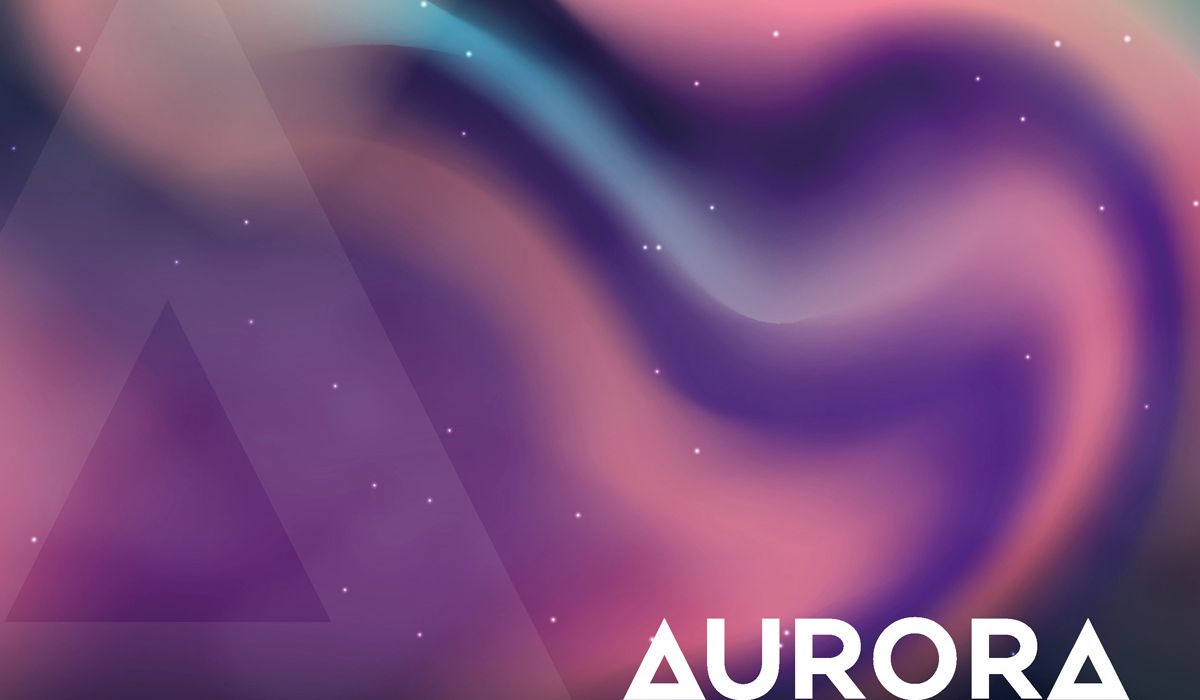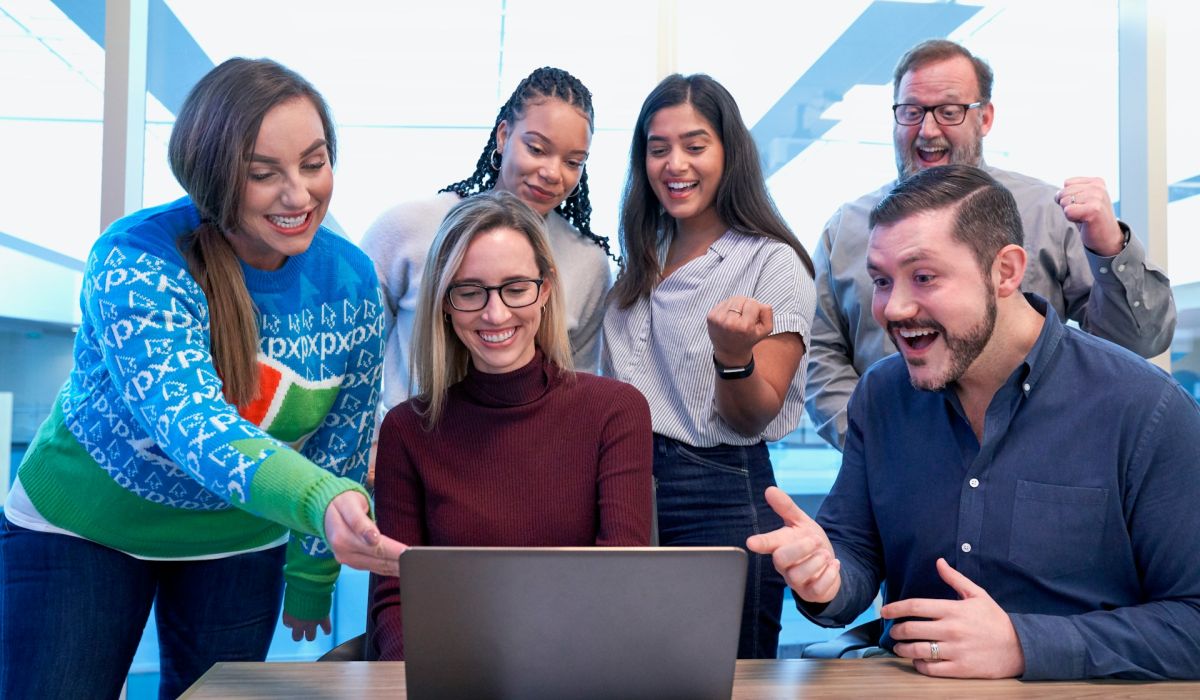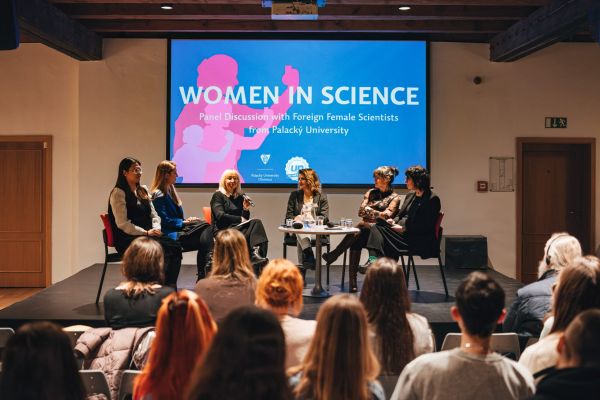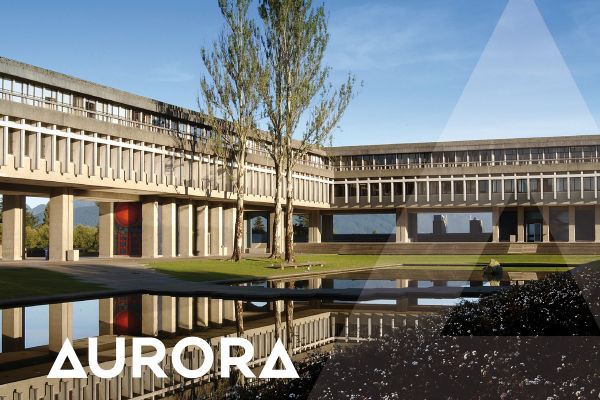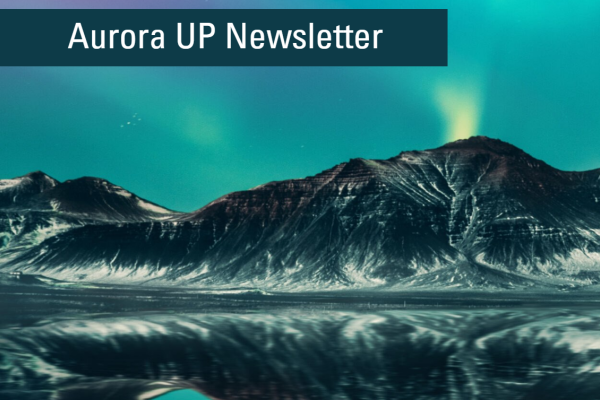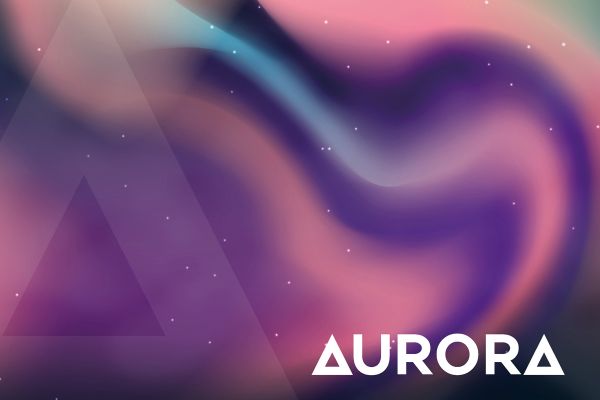
Building a European Future Together
A consortium of 9 research-intensive universities deeply committed to the social impact of our activities, and with a history of engagement with our communities.
Latest news
Opportunities
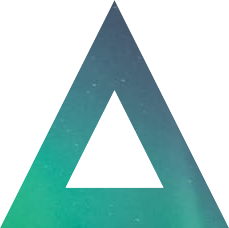
Aurora Alliance
Originally formed in 2016, Aurora is a consortium of research-intensive universities deeply committed to the social impact of our activities, and with a history of engagement with our communities. Our overall vision is to use our academic excellence in education and research to influence societal change. In the first phase of our collaboration, we have prioritized maximising societal impact of research, strengthening diversity and inclusion, and using student engagement to drive innovation in teaching and learning.
Discover more
260.000
students
673.922
Alumni
112
Faculties
30.000
Staff
813
Research Groups
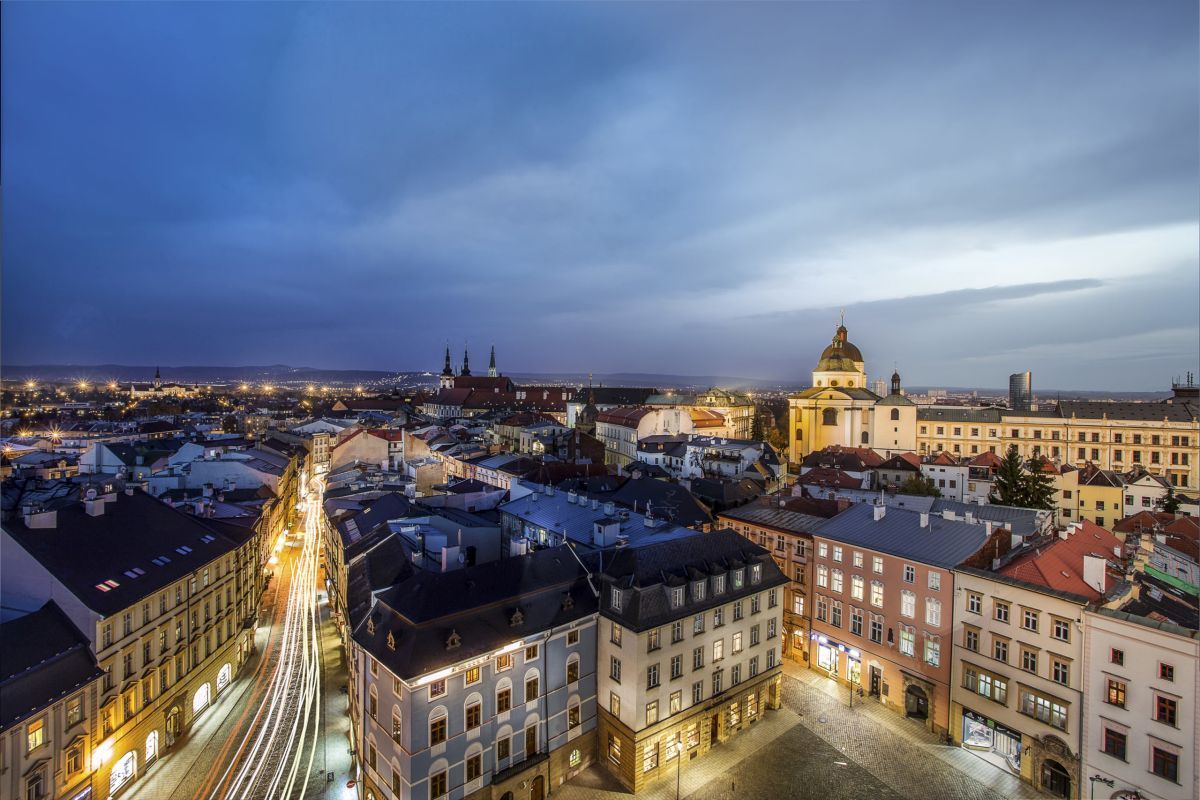
Palacký University
Olomouc
UP constitutes the member of the Aurora Alliance (9 societally engaged research universities in the EU) committed to European University programme, a 36-month-long strategic partnership supported by the European Commission, Education, Audio-visual and Culture Executive Agency (EACEA), under the Erasmus PLUS 2020.
